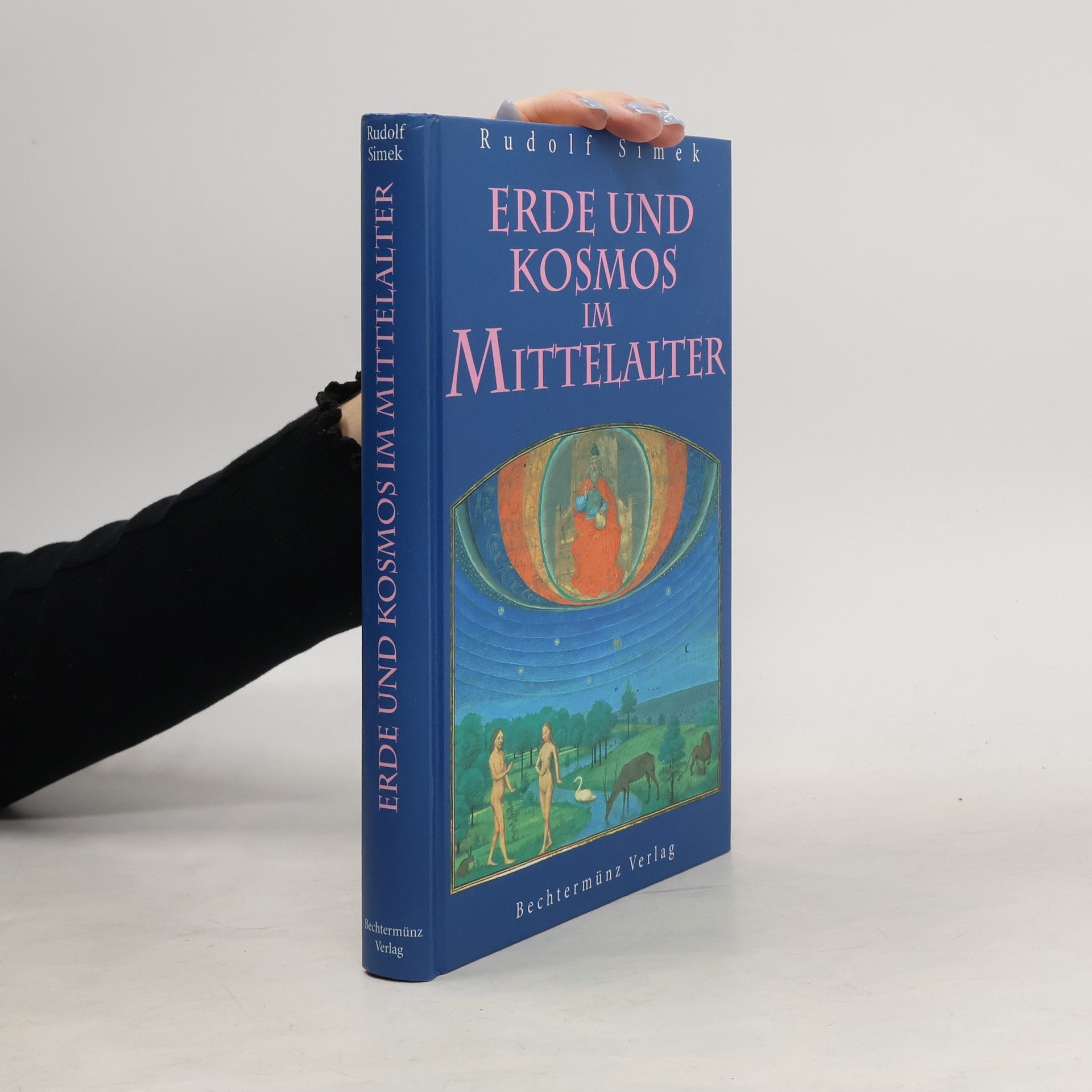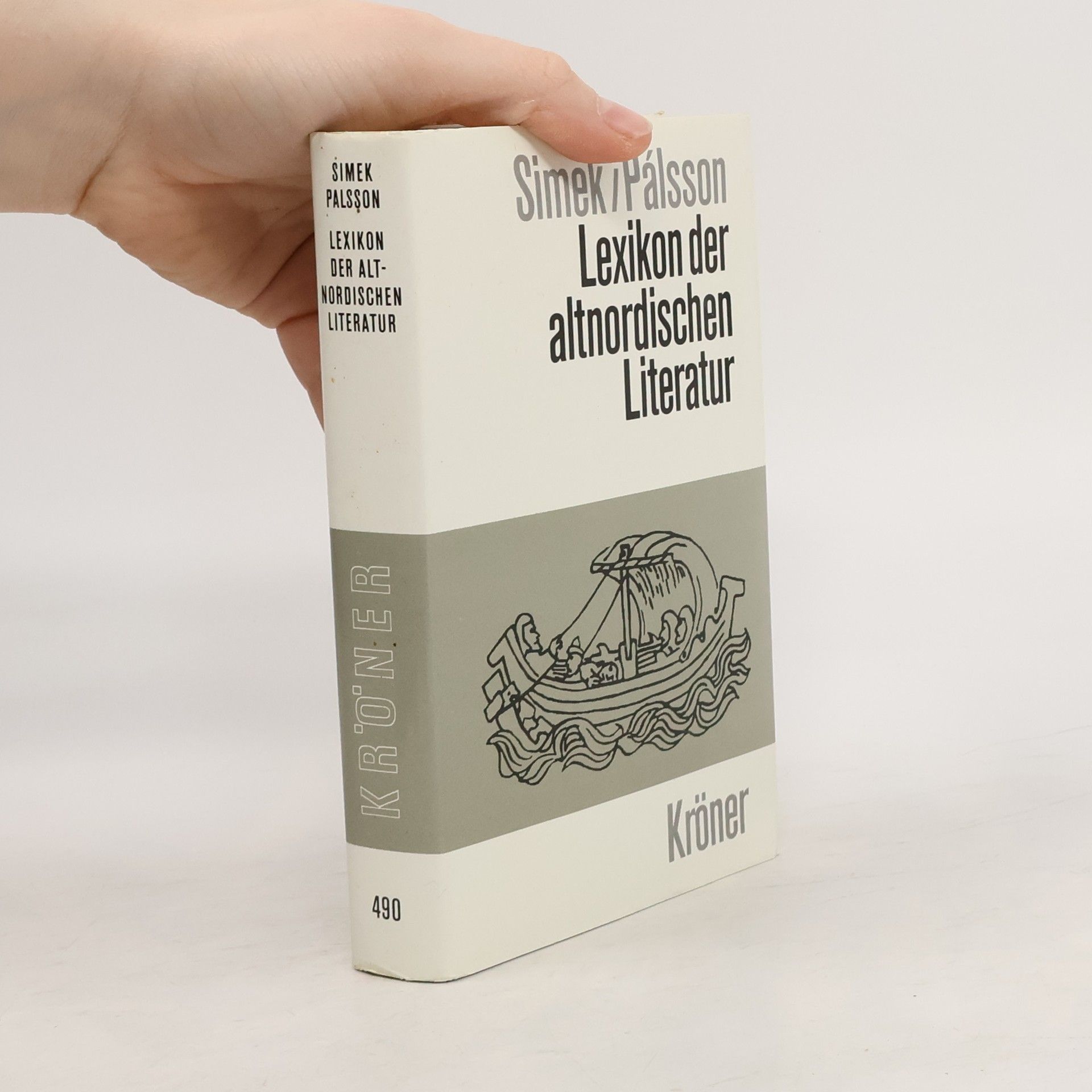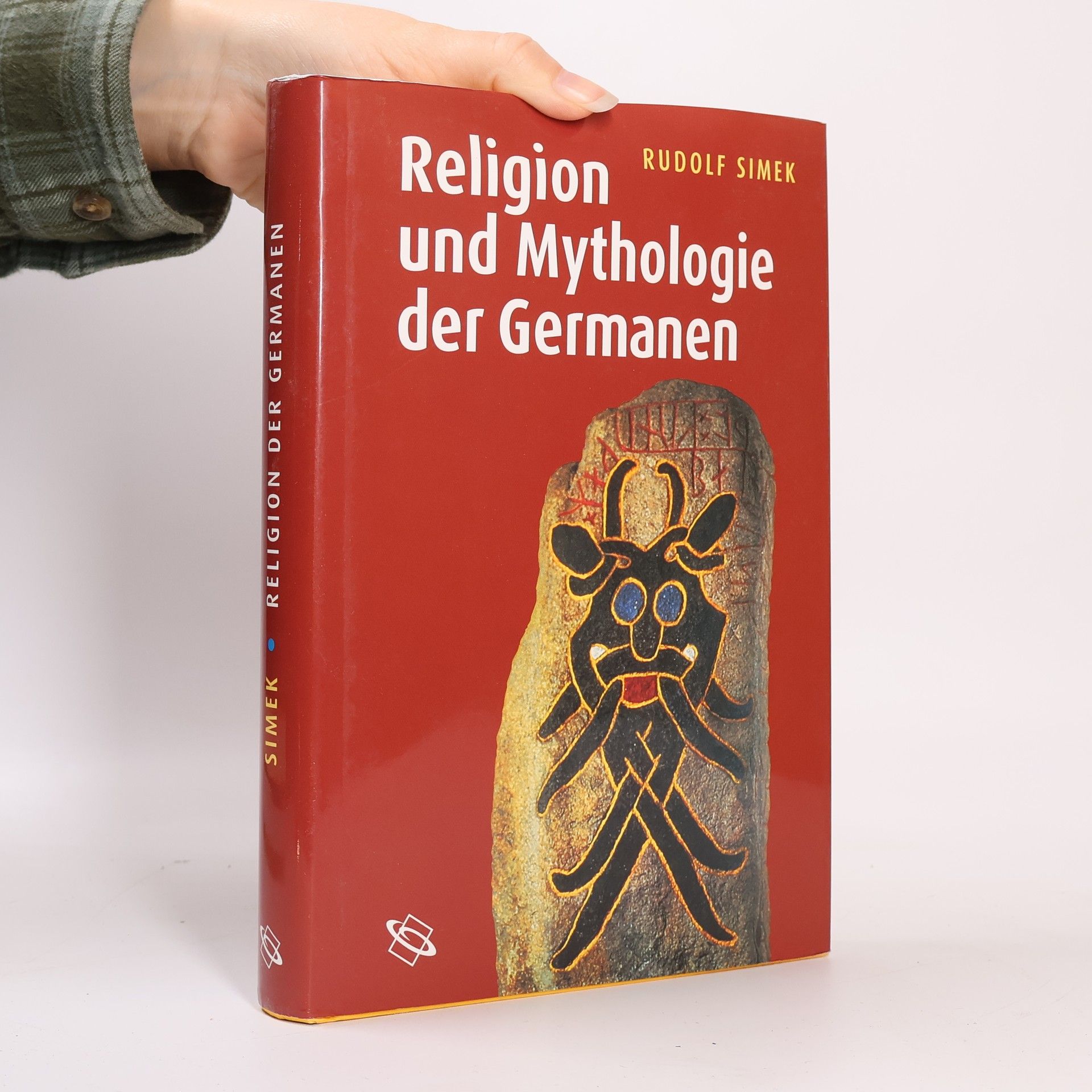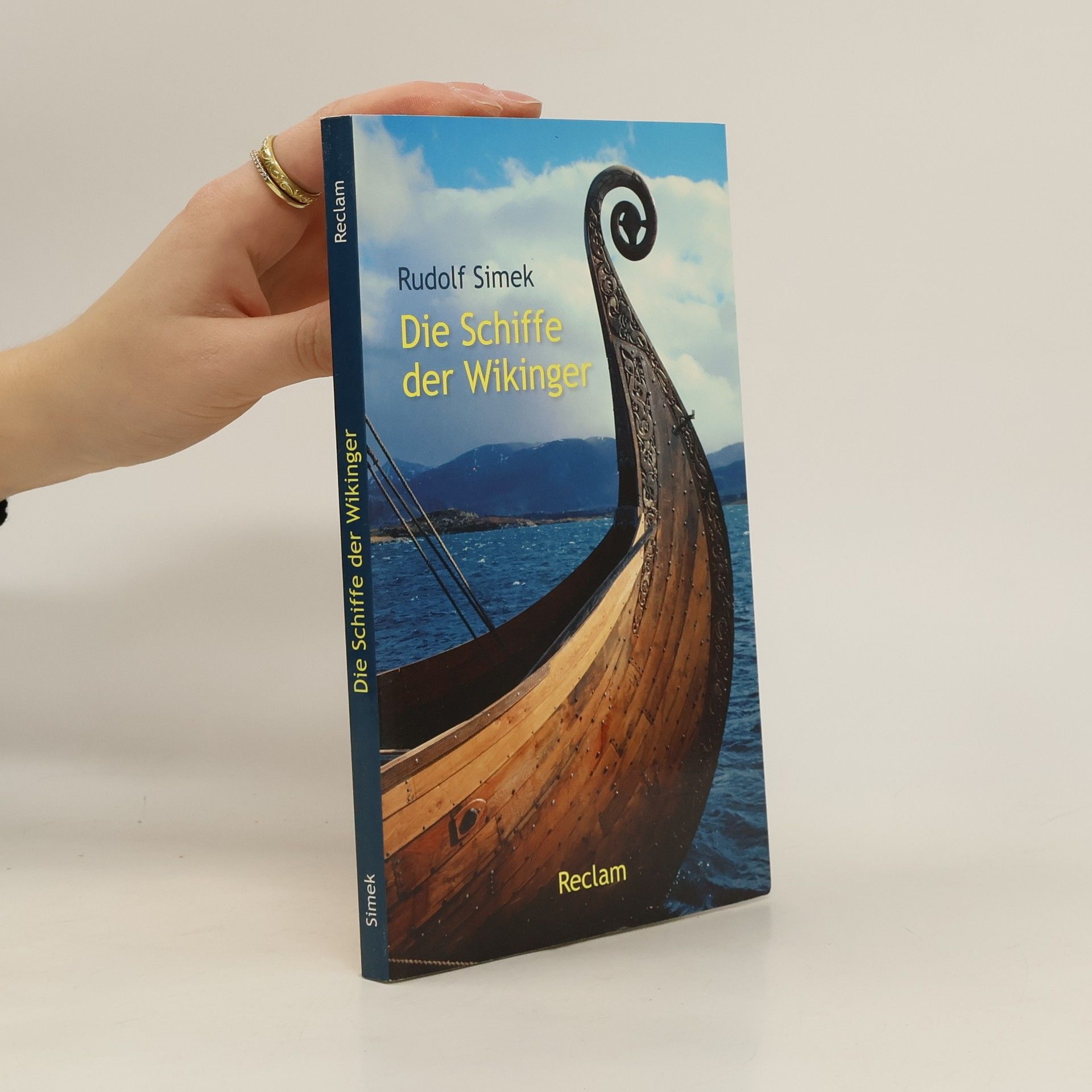Dictionary of northern mythology
- 424 pages
- 15 hours of reading
For two-and-a-half thousand years, from 1500BC to 1000AD, a culture as significant as the classical civilization of the Mediterranean world settled an immense area in northern Europe that stretched from Iceland to the Black Sea. But whereas the stuff of classical mythology has been fully absorbed into the cultural history of the west, the mythology of northern Europe - Scandinavians, Goths, Angles and Saxons - is often enigmatic.





